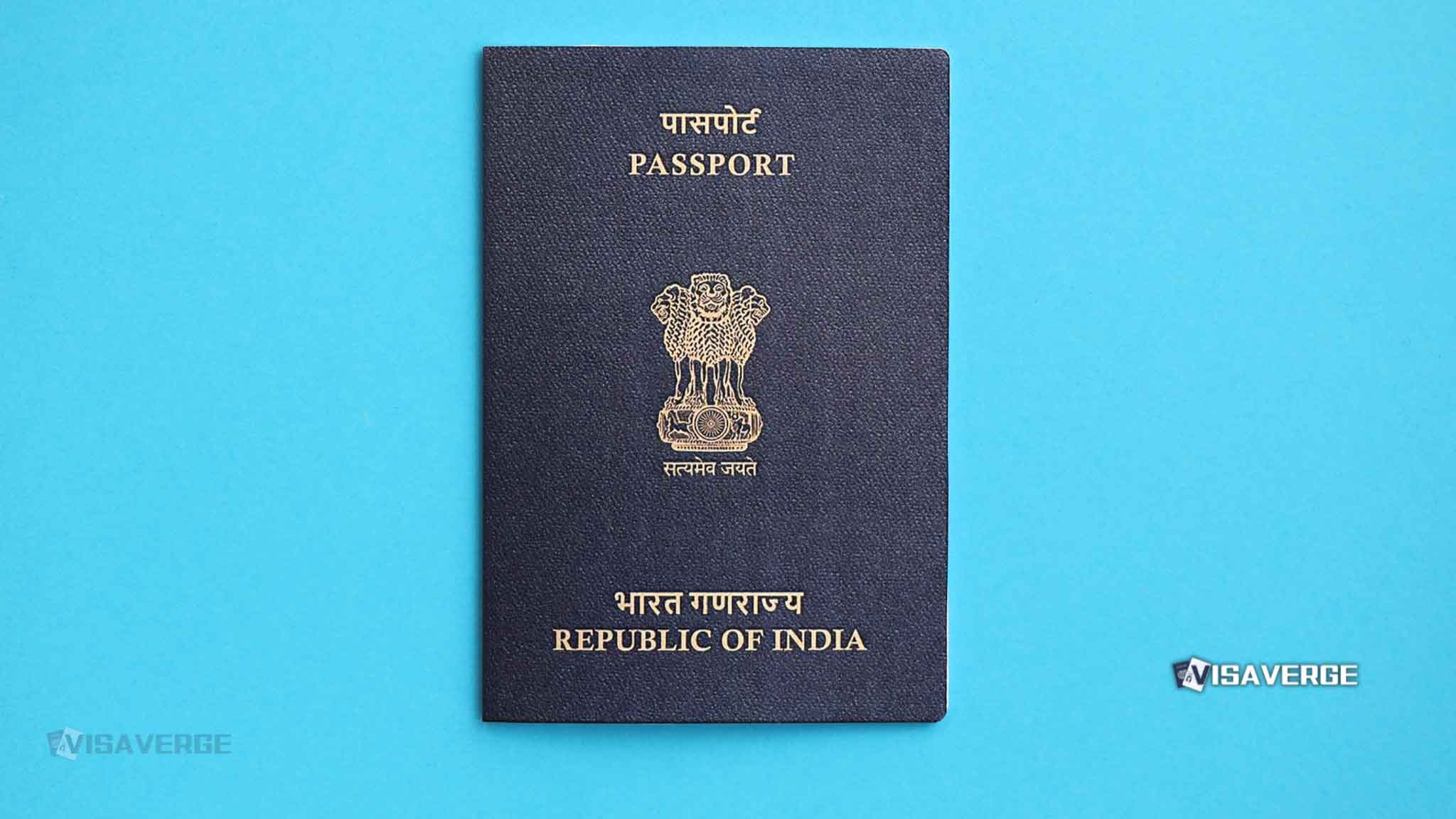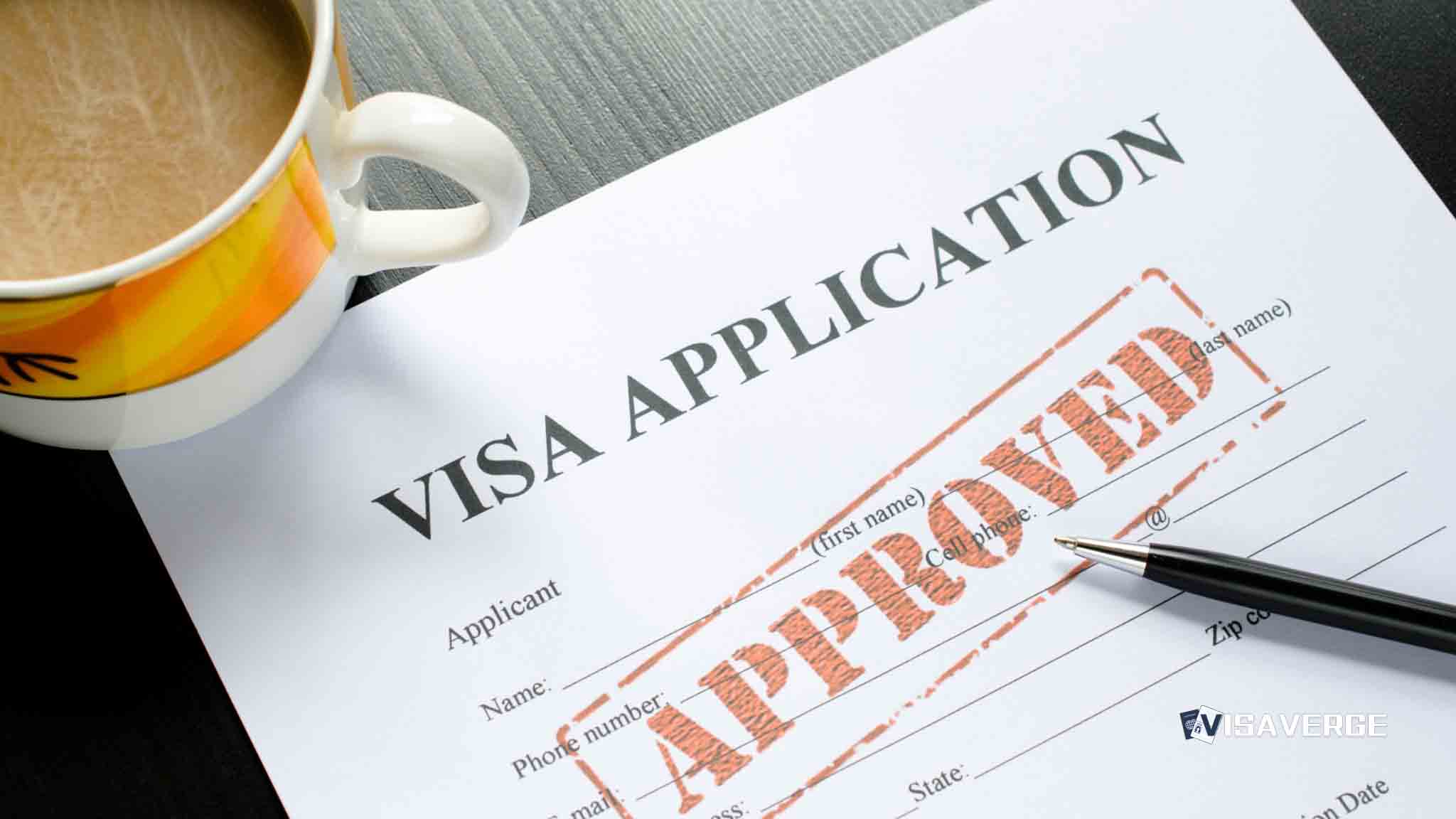Understanding F1 and F2 Visas: Bringing Your Family to the U.S.
Studying in the United States is a dream for many international students. If you’ve secured an opportunity with an F1 Visa, you might be pondering whether you can bring your loved ones to live with you in the U.S. during your studies. The answer is yes, through an F2 Visa.
What is an F1 Visa?
An F1 Visa is a non-immigrant visa that allows international students to undertake academic studies or language training programs in the United States. It’s essential for those planning to attend a U.S. college or university, high school, private elementary school, seminary, conservatory, or another academic institution, including language training programs.
Can Dependents Accompany F1 Visa Holders?
If you have an F1 Visa and are wondering whether you can bring your dependents to the U.S., here’s good news. Your spouse and unmarried children under 21 years old can accompany you to the United States on an F2 Visa. This category is specifically designed for dependents of F1 Visa holders.
F2 Visa: For Family Members of F1 Visa Holders
The F2 Visa grants your dependents the right to live with you in the U.S. It, however, has some limitations. For instance, F2 Visa holders cannot engage in full-time study or work. Children can attend elementary and secondary school, and your spouse can pursue recreational or vocational studies.
Applying for an F2 Visa
When planning to bring your dependents with you, consider the following steps:
- Obtain an F1 Visa for yourself, and ensure you’re enrolled in SEVP-approved school.
- Secure Form I-20 for each dependent from your educational institution.
- Pay the I-901 SEVIS fee for each dependent, which is required for the visa application.
- Complete the DS-160 Online Nonimmigrant Visa Application form for each family member.
- Schedule and attend a visa interview at a U.S. Embassy or Consulate.
Remember, each family member will need to undergo a separate visa process, so planning ahead is paramount.
Vital Things to Remember
While the ability to bring dependents to the U.S. is a privilege, there are important considerations to keep in mind:
- Financial Sufficiency: You must prove you have the financial resources to support your dependents in the U.S.
- Health Insurance: Getting health insurance for dependents is crucial due to the high cost of healthcare in the United States.
- Schooling for Children: Your dependent children can attend public schools, and other options are also available depending on your location.
- Staying Informed: Always stay up-to-date with any changes to immigration policies that might affect your family’s status in the U.S.
Resources and Further Reading
For more detailed information, you can visit the U.S. Department of State website and the U.S. Citizenship and Immigration Services site. These platforms offer authoritative resources on everything from F1 and F2 Visas to tips on living in the United States with family.
Conclusion
Bringing your family while you study in the U.S. on an F1 Visa is definitely possible. Through the F2 Visa, your spouse and children can join you throughout your academic journey. As with all things related to immigration, be thorough in your preparation and stay informed about the requirements and obligations. With proper planning, you and your loved ones can enjoy a fruitful and enriching experience in the United States.
So there you have it, folks! With an F1 Visa, you can bring your loved ones along for the ride on an F2 Visa. Just remember to plan ahead, show them the financial love, and keep an eye on those ever-changing immigration policies. For more detailed info and expert advice, head on over to visaverge.com. Happy studying and family adventuring, my fellow visa voyagers! 🌍✈️👪#
FAQ’s to know:
FAQ 1: What is an F2 Visa and who qualifies for it?
Answer: An F2 Visa is designed for dependents of F1 Visa holders who wish to join them in the United States. It grants the spouse and unmarried children under 21 years old the right to live with the F1 Visa holder during their academic study.
FAQ 2: Can F2 Visa holders work or study in the United States?
Answer: F2 Visa holders are not allowed to engage in full-time study or work in the United States. However, children can attend elementary and secondary schools, and spouses can pursue recreational or vocational studies.
FAQ 3: What are the requirements for bringing dependents with an F1 Visa to the United States?
Answer: To bring your dependents to the U.S. with an F1 Visa, follow these steps: 1) Get an F1 Visa for yourself and be enrolled in a SEVP-approved school. 2) Obtain Form I-20 for each dependent from your educational institution. 3) Pay the I-901 SEVIS fee for each dependent. 4) Complete the DS-160 Online Nonimmigrant Visa Application form for each family member. 5) Schedule and attend a visa interview at a U.S. Embassy or Consulate. Remember that each family member must go through a separate visa process
What did you learn? Answer below to know:
- True or False: An F1 Visa allows international students to undertake academic studies in the United States.
- Which family members can accompany an F1 Visa holder to the U.S. on an F2 Visa?
a) Spouse and unmarried children under 21 years old
b) Parents and siblings
c) Cousins and grandparents - What are the limitations of an F2 Visa?
a) F2 Visa holders can engage in full-time study and work.
b) F2 Visa holders cannot engage in full-time study or work.
c) F2 Visa holders can only engage in vocational studies.














